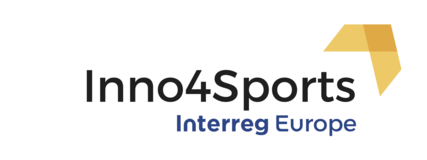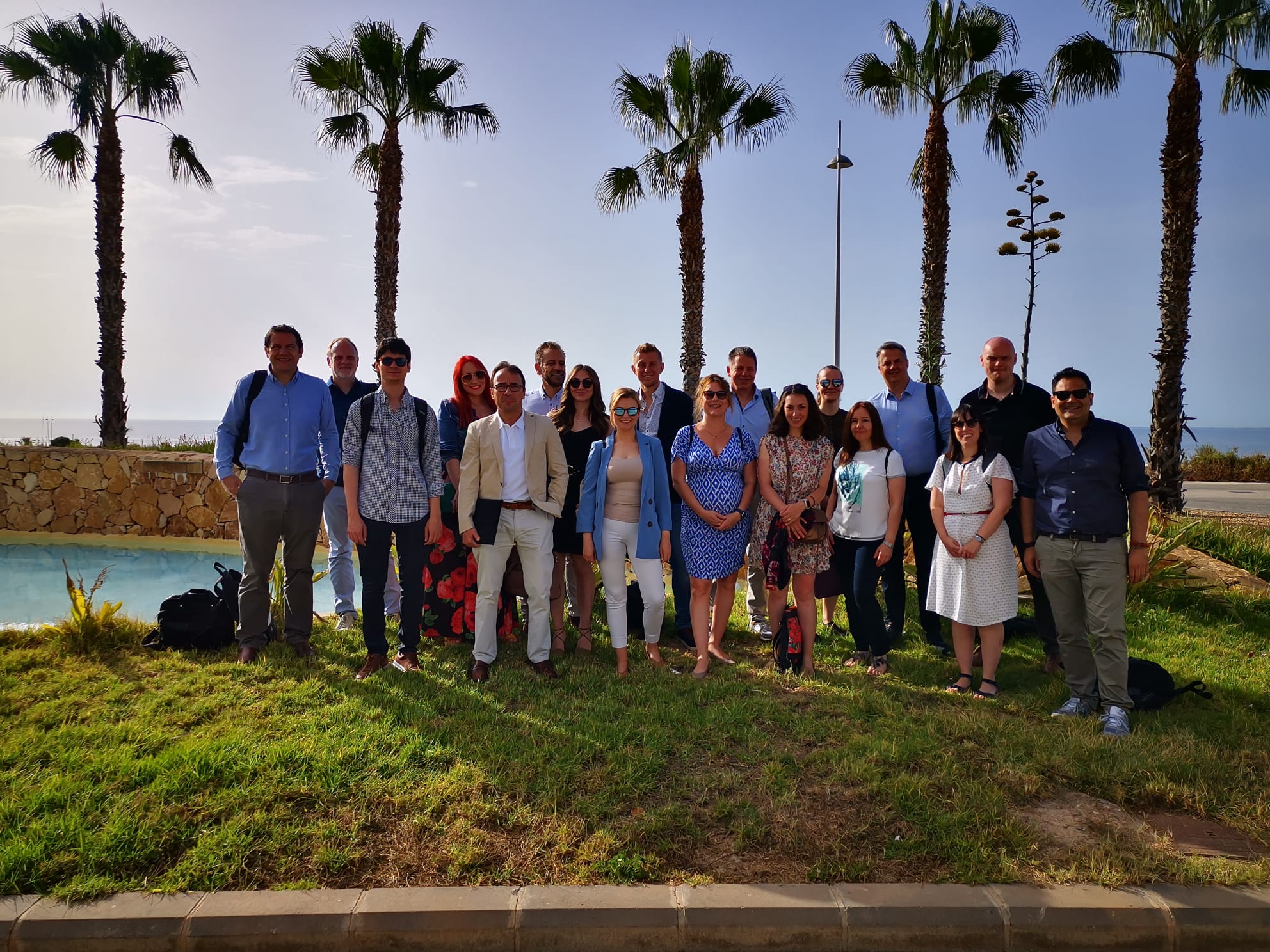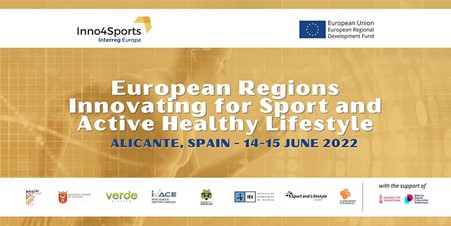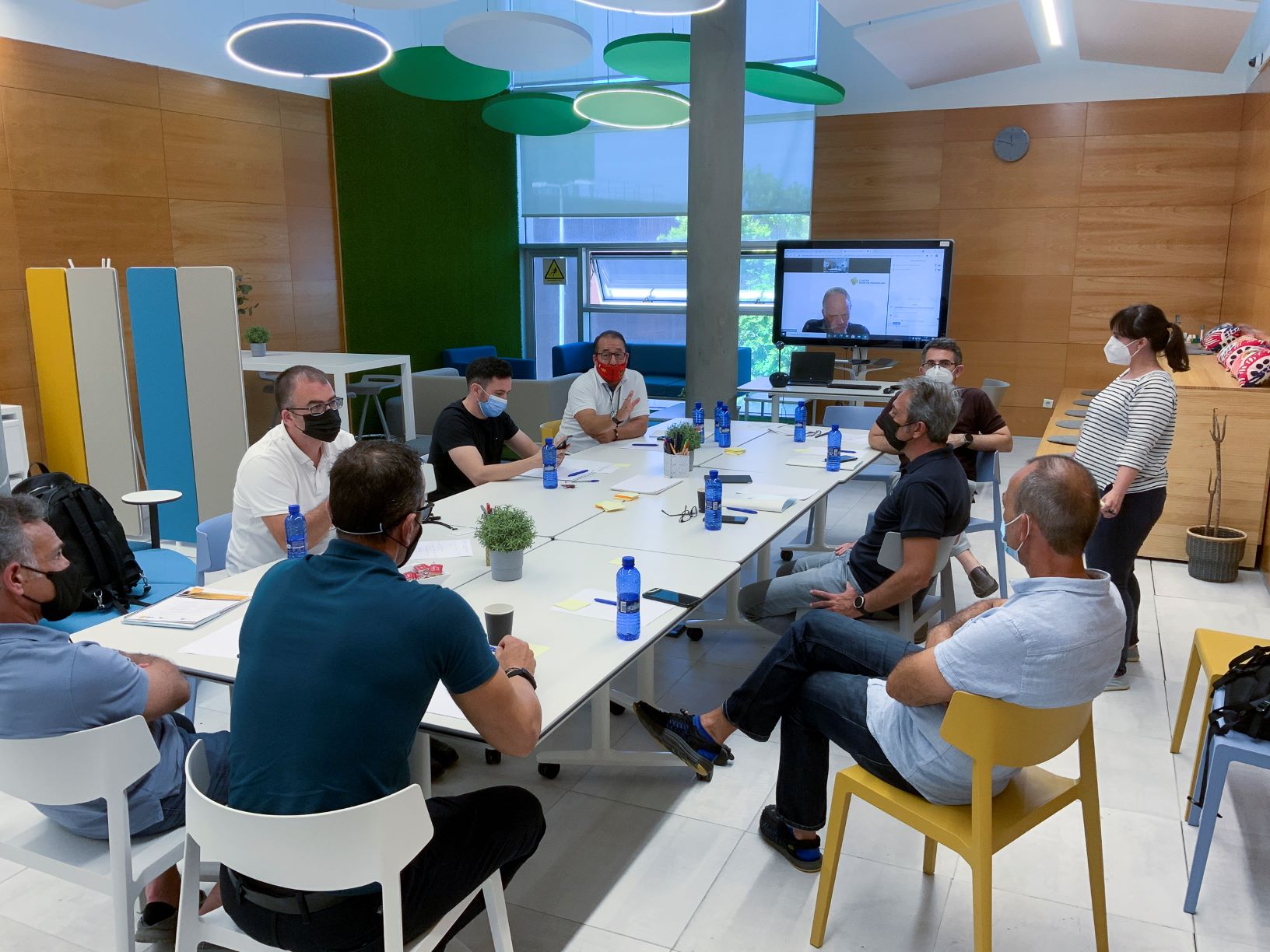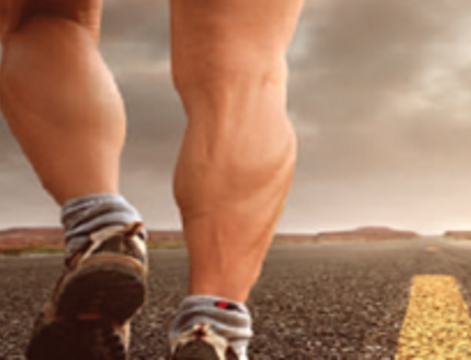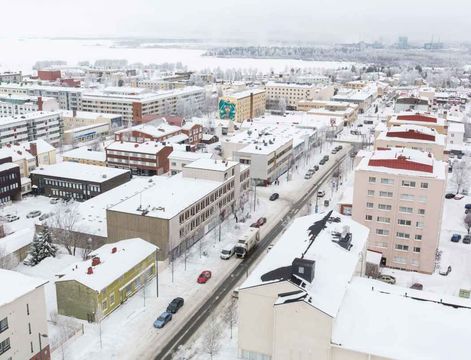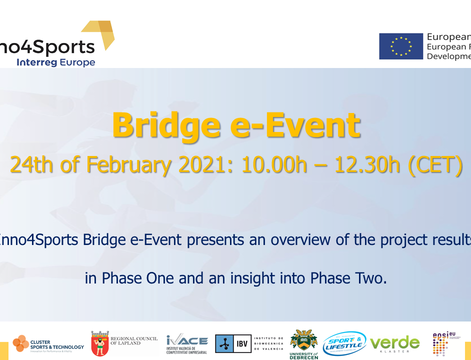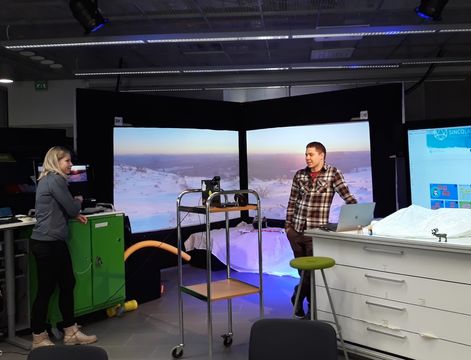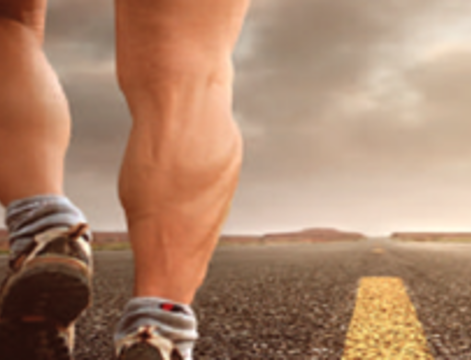Smart specialisation as a tool in field of sport innovation
We want to unleash the full potential of sport in Lapland and to take our SMEs to the next level and increase their innovation capacity and competitiveness.
An important tool in reaching the goal is the regional Smart Specialisation Strategy (S3). To put it short, S3s guide the allocation of funding and regional development by putting focus on regional strengths and excellences. The rationale behind this is to achieve competitive advantage by avoiding duplication and fragmentation of efforts. In Lapland’s S3 sport is recognised as an emerging industry with strong links to other sectors such as tourism.
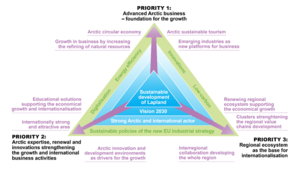
In Inno4Sports project Lapland aims to improve the implementation of the S3 in the field of sports. This includes making the regional ecosystem, Arctic Sport Network, stronger and more efficient and increasing local actors’ innovation capacity and helping them to adopt new technologies, and green and digital solutions.
Based on lessons learnt Lapland Regional Action Plan (RAP) consists of two actions:
- 1) Strengthening of Arctic Sport Network and encouraging shared innovation activities
One priority of Lapland’s S3 is Regional ecosystem as the base for internationalisation. Using partner regions’ good practices on ecosystem collaboration we want to increase the innovation capacity of local actors and to link them in interregional collaboration for further development.
- 2) Piloting Smart Sport Routes to support the adoption of technological and digital solutions
During Inno4Sports we have learnt that there is work to do in Lapland to in adopting new technologies and digital solutions. By piloting smart sport routes in we want to see what is possible and to encourage local SMEs and other sport actors to adopt new technologies.
What have we learned?
During the first phase of the project we have kept our eyes open for good practices. Some good practices drew our attention immediately, such as knowledge triangle model from InnoSportLab de Tongelreep located in South-Netherlands. Some good practices have longer time to formulate, such as how to implement learnings in relation to new technologies and data use.
In the core of turning lessons learnt into actions, there have been discussions with thematic coordinators, Lapland University of Applied Sciences,Lapland Sport Federation and stakeholders. Thematic coordinators and stakeholders also play a key role in implementing the RAP.
Currently there are three lessons learnt at the basis of our RAP development:
- Knowledge triangle model, InnoSportLab de Tongelreep, Noord Brabant Region
Activities in InnoSportLab de Tongelreep are based on collaboration between the research institute, end-users (swimmers) and businesses. In Tongelreep athlete wants to improve performance, businesses want to make advanced products and research organisation making ground-breaking research. The basic idea is to generate innovation in a way that benefits all partners.
- Vitality Data –project, Eindhoven University of Technology, Noord Brabant Region
In Vitality Data –project researches used GPS-data of sports watches and other trackers in order to learn about Eindhoven residents’ running habits. From the data the researchers and urban designers were able to recognise bottlenecks and other development needs in order to make the city a better place for running.
- #040 Beweegt! –project, InnoSportLab Sport en Beweeg, Noord Brabant Region
In The aim of #040 Beweegt! –project was to encourage non-active citizens to do more sports and to be more active. In the project the city together with researchers developed a smart route that encouraged the local elderly to do sports. The route consisted of technology embedded to a park and a smart phone app to give instructions to the users.
